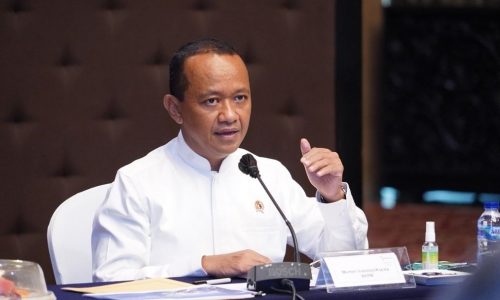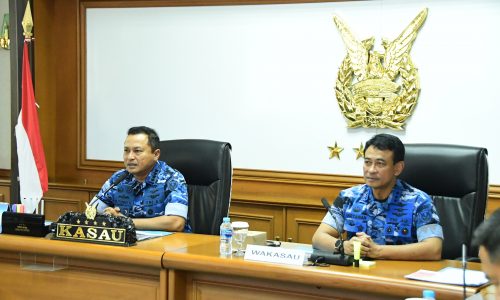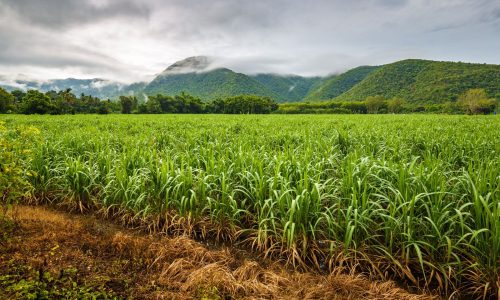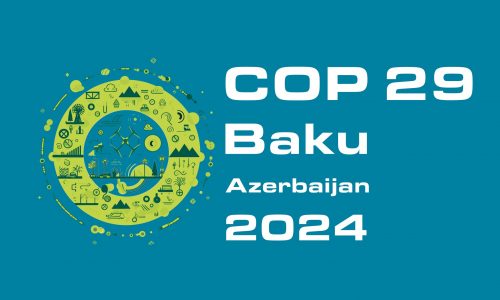The government’s move to consider revising the price ceiling for flight tickets (TBA) and the price floor for flight tickets (TBB) is against the economic principles and the needs of the aviation industry, an aviation observer says.
Aviation observer Gerry Soejatman said the statement by Coordinating Minister for Infrastructure and Regional Development Agus Harimurti Yudhoyono, who promised that airfares would go down before the 2024 Christmas and 2025 New Year holidays would only harm airlines.
“Nataru [Christmas and New Year holiday] is the peak season where demand increases drastically. When demand increases, prices will naturally increase. So, lowering fares during this period is counterproductive. What’s the point of lowering them if at the end tickets run out faster?” Gerry spoke to Indonesia Business Post on Tuesday, November 19, 2024.
He cited basic economic principles which stipulate that prices will increase along with increasing demand. On the other hand, operational cost factors such as aviation fuel, the dollar exchange rate, and high taxes throughout this year have further burdened the airlines.
“If the government wants to help, please focus on the off-season by cutting taxes or costs related to flights, but not intervening in prices during the peak season,” he said.
Gerry said airlines have been operating with very thin profit margins, citing that the average margin of airlines globally is only around 3 percent this year, while in Indonesia with the TBA which has not been revised upwards, and violates the government’s own provisions, the margin of national airlines is minus 5 to one percent.
The regulations governing the provisions of the TBA are listed in the Minister of Transportation Decree No. KM 106/2019. However, the TBA is no longer relevat to the current economic conditions.
Under the 2019 ministerial decree, the price of aviation fuel was set at below Rp10,000 (US$0,63) per liter and the rupiah exchange rate was at around Rp14,000 per US dollar. Current conditions, the price of aviation fuel in November 2024 has reached Rp14,000-Rp16,000 per liter and the rupiah exchange rate is above Rp16,400 per US dollar.
“Under such conditions, airlines will not be able to survive if ticket prices are suppressed. Moreover, the price ceiling of flight tickets has not been revised even though operational costs have increased by more than 60 percent,” Gerry said.
Irrelevant measures
Gerry also highlighted the irrelevance of the government’s measures that tend to ignore the operational aspects of airlines. Costs such as airport passenger service charges, navigation, and office rent continue to increase, while the TBA is not adjusted.
“The government should focus more on reducing cost components, such as landing fees, parking, and extending airport operating hours without increasing costs. In addition, the development of routes to small cities is actually affected by this tariff policy. The decline in flights to remote areas has reached more than 40 percent,” he said.
Gerry, therefore, encouraged the government to consider eliminating the TBA and TBB mechanisms so that ticket prices can adjust to the market. This way, ticket prices will be cheaper in the off-season and expensive during the peak season.
On the other hand, he added, if TBA and TBB are maintained, the government must increase tariffs in line with increasing operational costs.
“If costs increase, then tariffs must increase. If costs decrease, then lower the tariffs. The government should follow this mechanism rather than suppressing prices without considering the impact on airlines,” he said.









